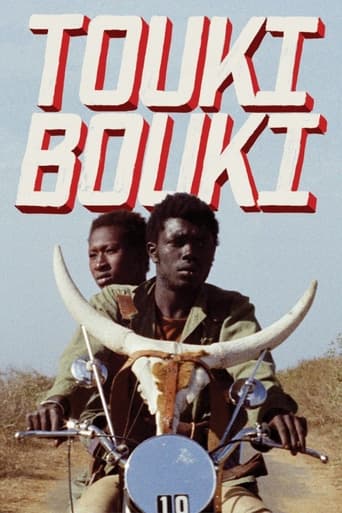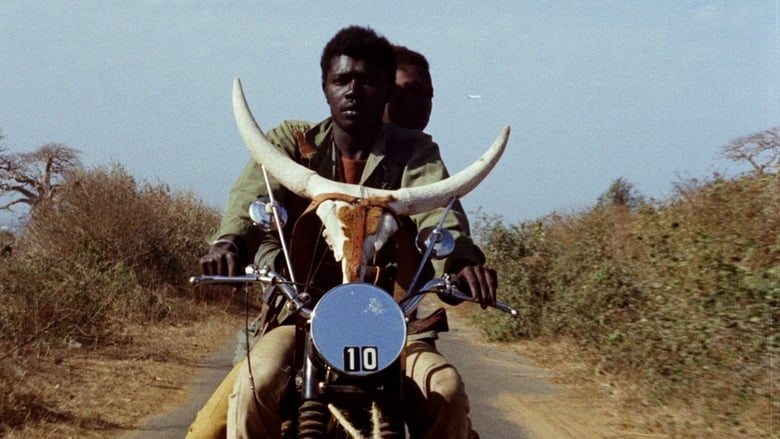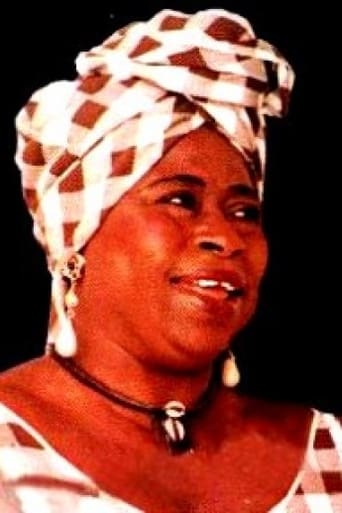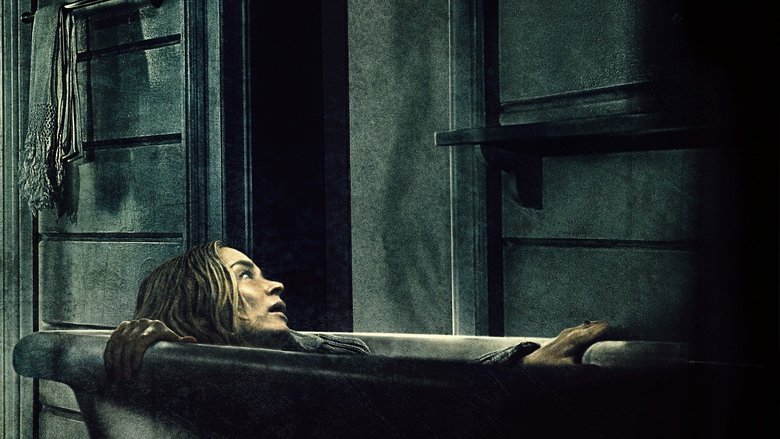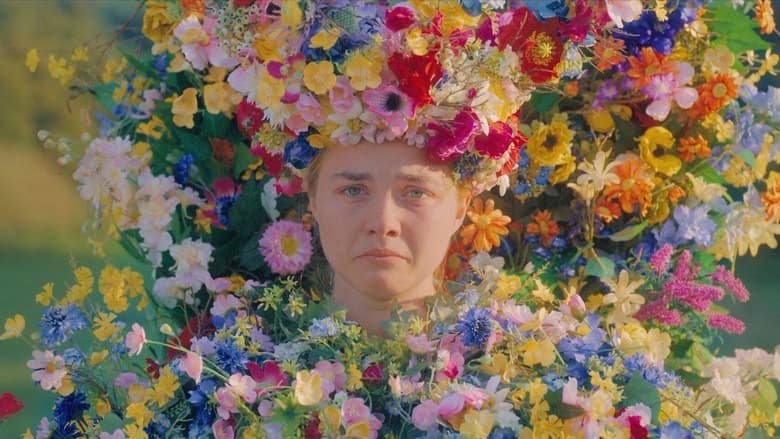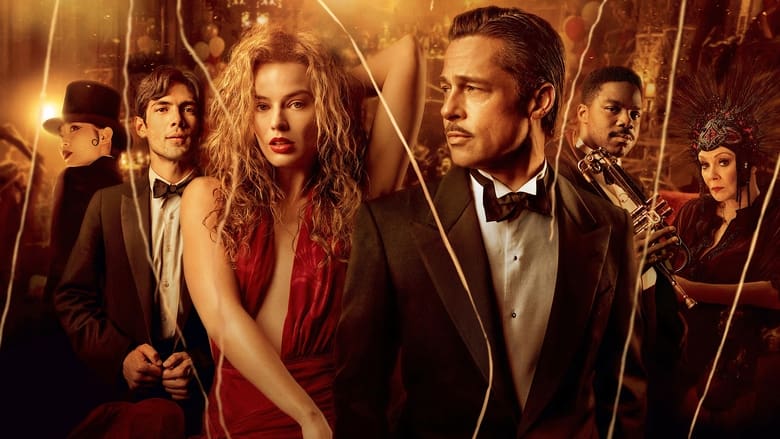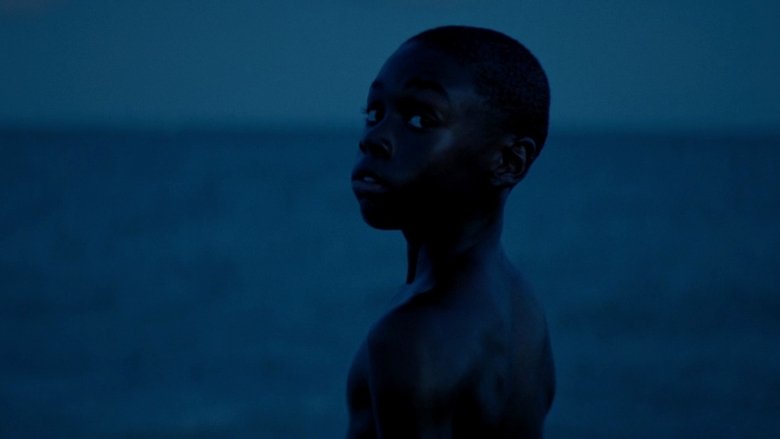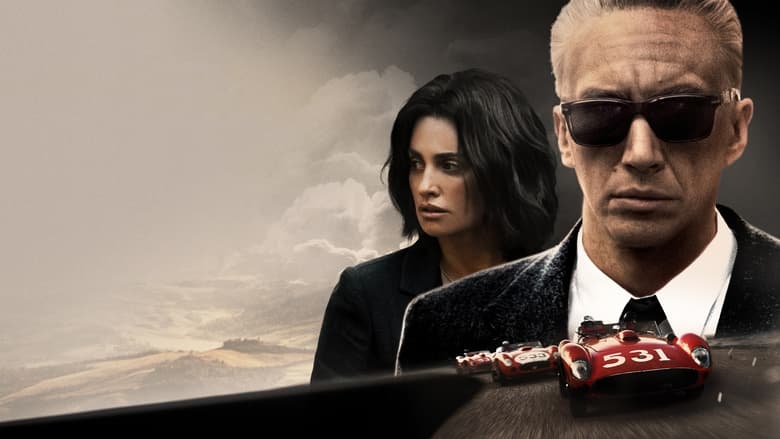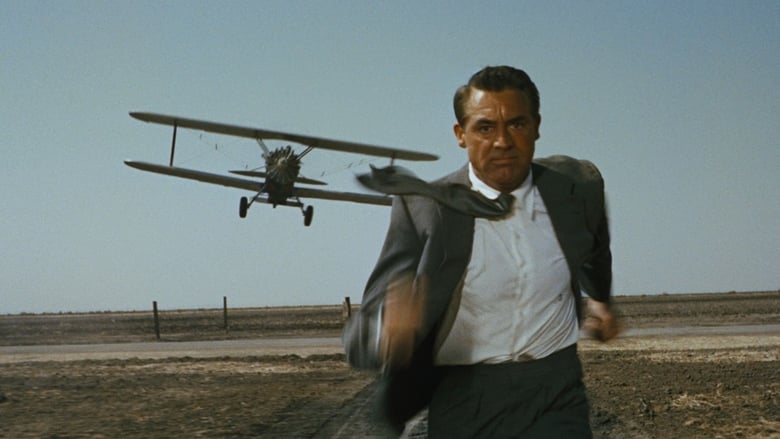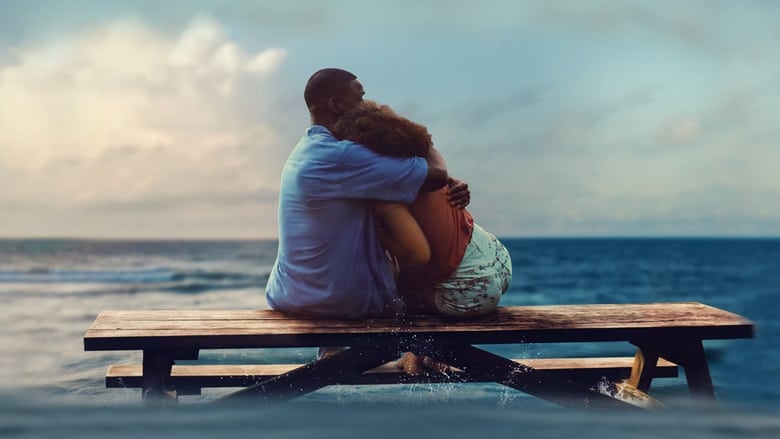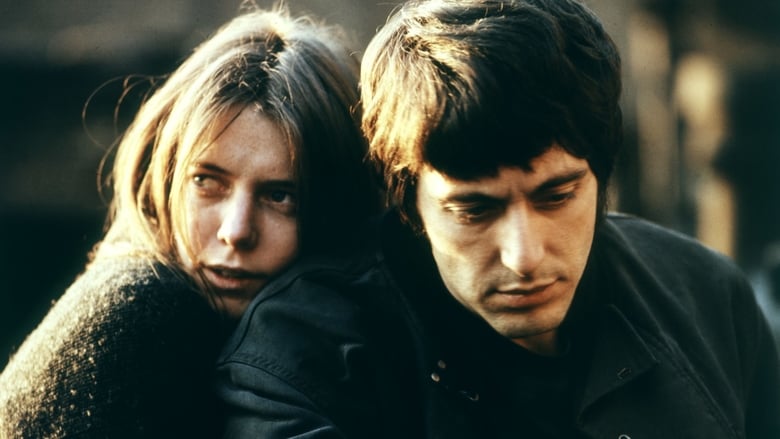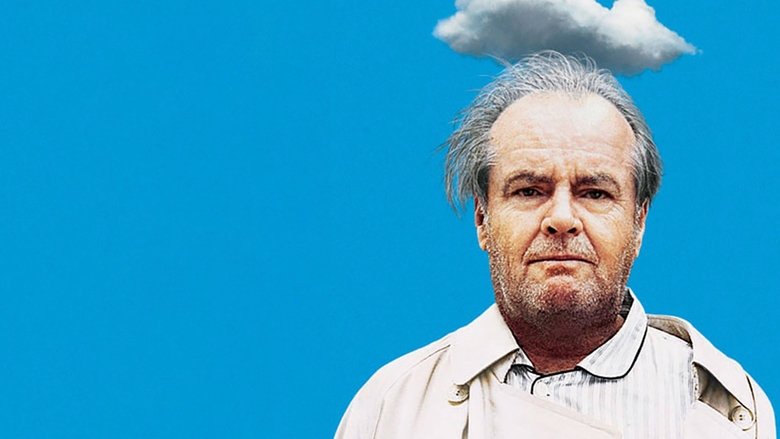Mory, a cowherd, and Anta, a university student, try to make money in order to go to Paris and leave their boring past behind.


Similar titles
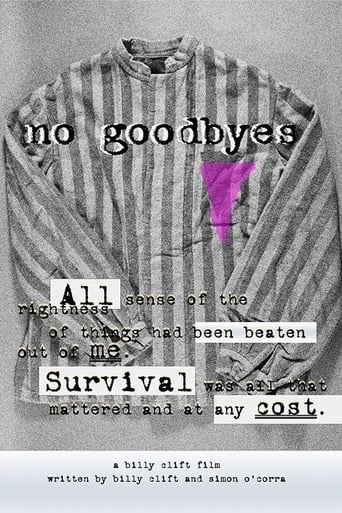
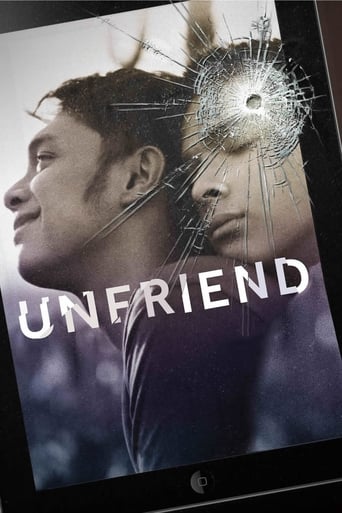
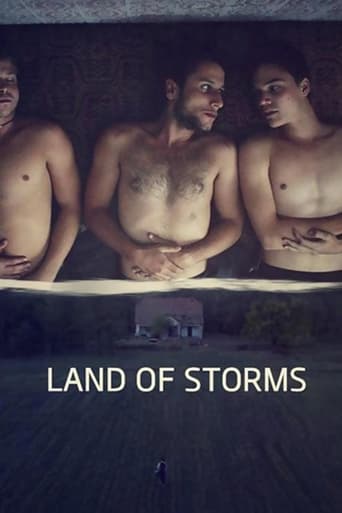
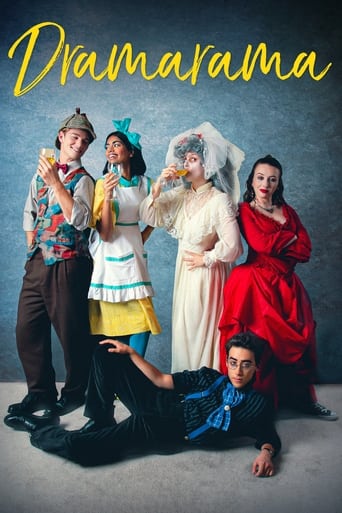
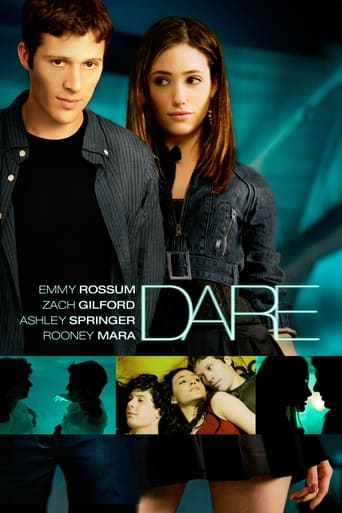
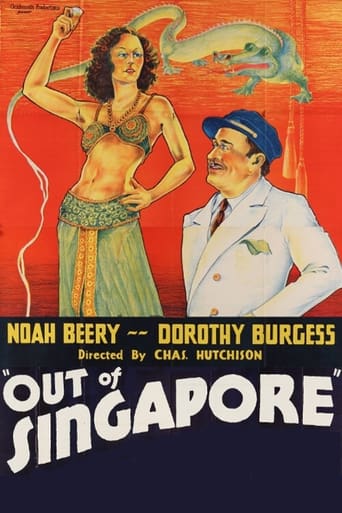
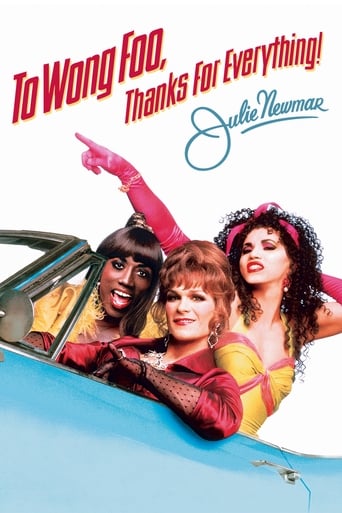
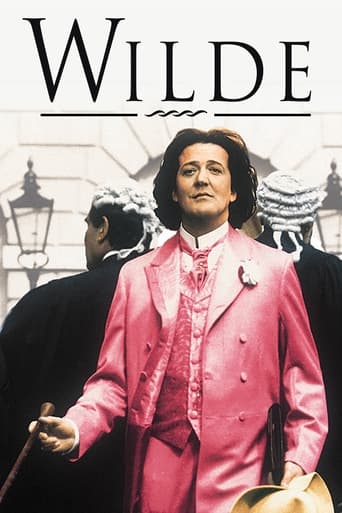
Reviews
One of the major aspects of the filmmaking I noticed with Touki Bouki was the music; Mambety uses the same "Paris, Paris, Paris" song several times, and early on I thought it was a wonderful sort of jingle - maybe like "Buongiorno" in Before the Revolution, something bouncy that gives the young characters their own theme - but I think the longer it went on I realized that the director had it almost as something else in mind. It's song use as way of like a chant one has in a head or almost like a prayer; the 'Paris' is a fantasy of Paris from the song, as in what one might hear from the French New Wave style of films (which I'm sure in some way or another, if only in the documentary realism those films sometimes had as a bedrock from the more stylish things that came from it), as their own reflections of the culture. There comes a point though where the use of the song, especially in the last section, becomes like a desperate plea, like, 'Oh, please, Paris-Paris-Paris, let this be so." There is other music in the film too - the last piece used especially is effective and adds to the melancholy feeling that Mambety aims to get, and he certainly achieves it - but this is like the unofficial anthem of the film, or at least for these two characters Mory and Anta, who meet as two young people from a small sea-side town in Senegal with practically no prospects and decide to leave for Paris, France, for better fortunes. They have little schemes to steal in order to get enough money to escape, such as a card game that doesn't go as planned (Mory barely escapes alive after not paying a guy ten grand in Senegalese money), they steal a suitcase that may not have what they're looking for (to put it mildly; another guy who opens it up and finds its contents runs away, hilariously, screaming); and, finally, a scheme to steal some things/clothes from some big shot in a seaside villa.There's a pulse to the film that is full of the unexpected, and Mambety here is after something that can put you on your toes as a viewer. Scorsese on the Criterion DVD says of the film, "the film is exploding from shot to shot". Not all of the shots exactly are that way, but I can get behind the comparison; the movie opens in such a way that is meant to grab you completely, as we see a cow being slaughtered, like up-close and with the blood leaving no other sign that it's anything else (later there's another animal shown slaughtered). I wasn't sure if this was meant as some poetic or symbolic gesture - are we to compare these characters, or any of the other people, to the cows being killed for meat and their skins - or if it was simply there so that we can get in the mind-frame of, 'This place is serious business, and it's REAL'.And, naturally, I was taken in by the first twenty minutes because there isn't a plot that gets established right away; we're here to see the atmosphere of the place, and it sets up the tone well in one way: this is going to be episodic, hanging by a thread, and the thread itself has a lot of in-your-face, surreal touches. Take the one woman who tends to cackle loudly at someone as if they are, uh, fallen off of the cliff, and then later on in the film when the characters return(ish) to that part of the village in fancy clothes in the back of a car being driven by the guy who thinks they are supposed to be driven via the guy they ripped off, the woman does a dance and sings about "the Prince" who has come, and others in the village dance with them.This is an unusual rhythm with the things that just *happen* here - at another point early on, Mambety shows two women who get into a scrap over buckets of water, and when a guy intervenes to stop them, it causes more chaos, though it's all fun for the kids watching and laughing - but it is consistent, and I applaud Mambety for aiming for a visual, emotional cinema above all else. This becomes most clear near the end, when, and here's when we get into spoilers (just know I recommend the film for those who can accept and even look for outside-the-box films from places you don't expect like Senegal), Mory decides right at the entrance to the ship that'll take then to France he has to leave. Why does he go back into the city? All for his motorcycle? Did he intend to go back to the ship and, when he discovers what's happened (hint: it involves a.... white Caveman guy, yeah, that's midway through the movie he first appears, and it's easily the strangest part of all of this)? Whatever the case, as the director and cameraman follow Mory running so fast away from the ship to the city, it gives an exhilarating feeling while at the same time leads to a sadder, more contemplative kind of state of being, at least for me, that I didn't expect Touki Bouki to give to us, which was good. This wasn't going to quite end up how these characters though it would, but at the same time it's not done in something bloody or murderous exactly for them. It's more about... well, this was the dream, the dream of "Paris, Paris, Paris".
Mory, a cowherd, and Anta, a university student, try to make money in order to go to Paris and leave their boring past behind.This film looks great and is just very interesting from the whole clash of cultures perspective. You have some African tradition here, and mixed in with that you have some Muslim practices. I am no expert, but I suspect Islam in Senegal is much different than in the Middle East. It's an interesting blend. And then, of course, you have the modern world of France, which is different from either of those cultures.What may strike viewers the most, especially because it happens so early in the film (and is repeated later), is the slaughter of the cattle. Whether the methods shown are humane or not, I have no idea. But they look brutal, and to the modern world it may be a shock to see something that has become so far removed from our everyday life. Now, food is food, and we rarely see that once upon a time it was a living thing.
It is indeed hard to believe that over the years, the magic of Europe as a golden land of opportunities has not faded. It is also unfortunate that Europe continues to charm countless innocent, impoverished men and women from Asia, Africa and Latin America to risk their lives in order to reach European soil with the sole objective of making a lot of money. Some of these daredevils can be found in the Senegalese film 'Touki Bouki' directed by maverick Djibril Diop Mambéty. He has ensured that Senegal is not shown in any kind of bad light as hunger and scenes of poverty which have become regular features of other African films about Africa have been deliberately avoided. It is a mystery how Touki Bouki's comical situations have been termed as surreal. They are as close as possible to daily lives which prove out to be a great test for everybody. Watching the comic scenes with utmost attention, one realizes how some borders are closely guarded so that Paris continues to be far for many impoverished African youngsters. Lastly, some scenes of cruelty towards animals might drive some viewers to start hating this film. This is the only major imperfection which one can detect in this film.
First of all, I want to make it clear that I am a foreign film lover. If you aren't, don't bother with this film because you will hate it.This film is interesting because it shows the life of the poor and underclass in Africa, and gives a brief glimpse into the rich when the lead character of the movie visits a gay man.There are subtle references...some insulting...on the various types of people who come and go in the film. The lazy government employee (the postman), the corrupt government employee (the policemen are show twice in the film of either taking bribes or were implicated in it), the corrupt government leaders (the title character even imagines himself one, riding in a parade in front of the poor), the rich whites (who make racist remarks on the boat about the Africans while showing a pet dog better off than most people in the country), and student rebels (who tie up the character on a truck and are no better than the corrupt government officials), a gambler, and wrestlers.But the narrative is confusing, as if those who made it were in first year of film school and just got their camera. What does it mean about the cattle being slaughtered? Are Africans being led to the slaughter? In the end why does the lead character run away from the boat that was to take him to Paris, where he dreams throughout the film of going? What is the near white primitive caveman doing riding his motorbike? What happened to the skeleton in the trunk they had stolen (they thought they were stealing money) Did it mean something else?? Who knows? There is no explaining of it by the director.The film does offer the beautiful colors and landscapes of Africa and you can almost smell the sweat and odors of the places visited.
